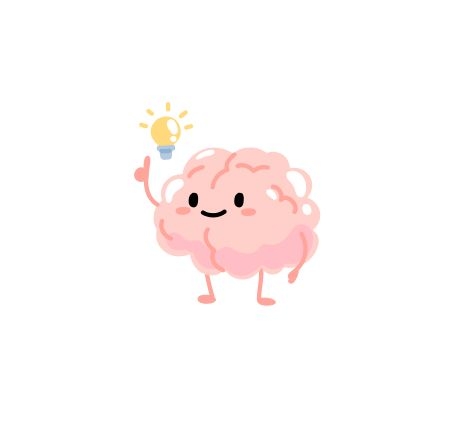Brainspotting Therapy: A New Approach to Treating Trauma
Brainspotting is a powerful new therapy approach for treating trauma utilizing eye movements, mindfulness, and traditional cognitive behavioral strategies. It can help you address trauma memories and the distressing emotions associated with them.
Brainspotting is a cutting-edge therapeutic method that taps into the brain’s natural ability to heal itself. Developed by Dr. David Grand, this innovative technique recognizes that where we look affects how we feel. By identifying and focusing on “brainspots” – eye positions associated with unprocessed emotional experiences – Brainspotting helps access and process unresolved emotions, memories, and traumas.

Benefits of Brainspotting Therapy
Efficient Healing: Brainspotting can often yield faster results compared to traditional talk therapies. This is because it directly accesses the brain’s self-healing mechanisms, facilitating quicker resolution of emotional challenges. Some clients report significant progress in as little as three sessions from Brainspotting alone.
Trauma Relief: Brainspotting has demonstrated exceptional effectiveness in treating various types of trauma, including complex traumas. It helps to reprocess traumatic experiences in a safe and controlled environment, allowing you to regain a sense of emotional balance.
Enhanced Self-Regulation: Through Brainspotting, you’ll develop heightened self-awareness and self-regulation skills. These skills are helpful for mitigating the powerful emotions associated with trauma memories but also for navigating day to day stress, relationships, and challenging emotions.
Unlocking Resilience: As you free yourself from the confinement of your trauma experiences, you will discover a renewed sense of confidence. You will learn to trust your intuition and your ability to keep yourself safe. These re-discovered feelings can naturally lead you to feeling more grounded and centered in all areas of life.
How Does Brainspotting Work?
The exact science of how eye movement relates to trauma is still a mystery. However, it’s relevancy has not been missed and is being used effectively in both Brainspotting Therapy and EMDR to trauma.
At its core, Brainspotting is rooted in the mind-body connection. During sessions, your therapist guides you to find your unique brainspots using guided eye movement and your emotional feedback. These spots often correspond with the areas where your brain holds onto emotional or physical distress. By gently exploring these points, you’re able to unravel core tensions and eventually release the emotions or memories that are causing you distress.
Contact Us to Get Started
Give us a call at 423-207-3336 or use our confidential contact form to have us reach out to you!